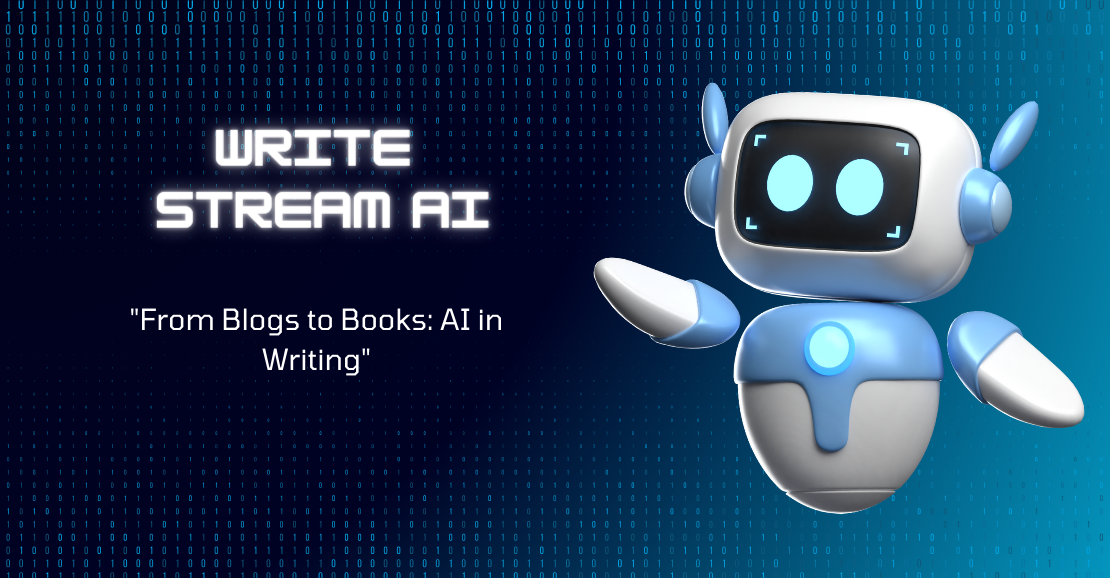From Blogs to Books: The Advancement of AI in Writing
With the rise of technology and the constantly evolving digital landscape, it comes as no surprise that artificial intelligence (AI) is being integrated into various industries, including the world of writing. What once seemed like a far-fetched concept is now a reality, as AI is making its way from blogs to books.
AI has been a part of the writing process for quite some time now, from basic grammar and spell-checking tools to more advanced programs that can generate ideas and even write entire pieces. However, the idea of AI taking over the writing industry and replacing human writers is still a highly debated topic. While there are valid concerns about the potential loss of human creativity and uniqueness in writing, the integration of AI in the writing process also brings about some promising opportunities.
One of the most significant impacts of AI in writing is its ability to make the writing process more efficient and streamlined. With AI-powered writing tools, writers can save a significant amount of time on tedious tasks like proofreading and editing. These tools can help detect errors in grammar, punctuation, and spelling that human writers may have overlooked. This not only saves time but also ensures a higher level of accuracy in the final piece.
Moreover, AI-powered writing tools can help writers generate ideas and organize them into coherent structures. These programs can analyze vast amounts of data and provide writers with relevant information and statistics to support their arguments. This can be particularly useful in research-based writing, where writers need to sift through a large amount of information. With AI, writers can now focus more on the actual writing process rather than the time-consuming task of gathering evidence and organizing it.
While AI-powered tools are widely used in the blogosphere, there is also a growing trend of utilizing AI in book writing. This has been made possible by the development of programs such as GPT-3, which can generate human-like text based on prompts provided by the user. This has sparked a debate about the future of publishing and whether AI-generated books will replace books written by human authors.
One of the main concerns with AI-generated books is the lack of originality and human touch. While AI can produce coherent text, it lacks the creativity and emotional depth that human writers are able to infuse into their work. Nonetheless, there is a growing market for AI-generated books, particularly in the self-publishing industry. These books are typically aimed at niche markets, where the focus is more on the quality of information rather than the writing style.
In addition to its impact on the writing process, AI also has the potential to revolutionize the way books are marketed and sold. With AI, publishers can analyze data on readers' preferences and use it to target their book promotions more effectively. This can result in a more personalized reading experience for the target audience, leading to increased sales and better customer satisfaction.
In conclusion, the integration of AI in writing is a rapidly evolving phenomenon that has the potential to bring about significant changes in the industry. While there are valid concerns about the impact of AI on the future of writing, it is also important to acknowledge the benefits it brings to the table. From enhancing the efficiency of the writing process to revolutionizing book marketing, AI has the potential to take writing to a whole new level. It is safe to say that the future of writing lies in the balance between human creativity and AI technology.























Write your comment
Cancel Reply